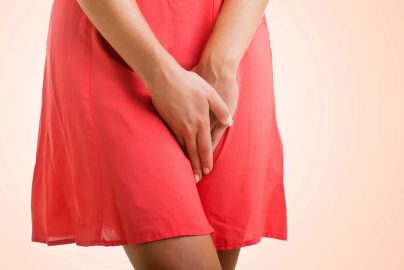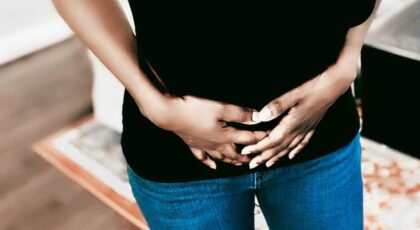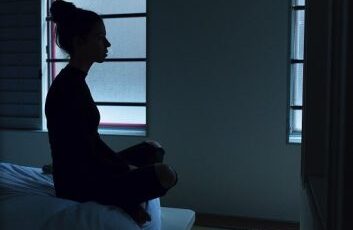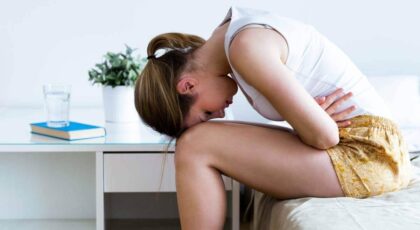
Urinary incontinence is a fairly common problem. At least once in a lifetime, more than half of all the women have it. Incontinence can occur both in young women after childbirth or surgery, and in older women, after the onset of menopause.
For a woman, urinary incontinence is a serious problem. It’s worsen the quality of life, leads to disorders in the sexual and psychological sphere, can provoke depression.
Doctors distinguish such main causes of the urinary incontinence:
- Stressful;
- The Imperative;
- Iatrogenic;
- The mixed;
Women suffer from the first three types most often. So, we will talk about them in details.
1. Stressful urinary incontinence is the inability to control the process of emptying the bladder during stress. The word “stress” in this context means “load” or “effort.”
Symptoms of stressful urinary incontinence:
- Excretion of urine with laughter, coughing, sneezing, physical activity, sexual intimacy.
- Urine is not secreted if there is no abdominal tension.
- As the disease progresses, even a light physical strain, such as fast walking, can lead to a loss of urine.
- Irresistible urge to urinate is absent.
The causes of stress urinary incontinence can be several:
- Heavy childbirth. Women with a narrow pelvis are at risk.
- Surgery on the pelvic organs (on the bladder, rectum, uterus)
- Hormonal changes in the body of a woman that occur with age.
- Neurological diseases, trauma of the spine;
- Excessive body weight, especially in combination with diabetes;
- Fast weight loss;
- Heavy work, associated with high physical stress;
- Omission and prolapse of the uterus.
2. Imperative urinary incontinence is characterized by unbearable urge to empty the bladder. These desires are imperative, and it is practically impossible to contain them. And it can appear when the bladder is only partially filled.
Symptoms of imperative urinary incontinence:
- The urge to empty the bladder is very frequent (more than 8 times a day)
- They almost always occur suddenly.
- The urge to urinate is irresistible.
- There are frequent visits to the toilet at night.
- An urge for urination often arises due to external factors (the sound of water pouring out of the tap, bright light, loud sound ets.)
3. Iatrogenic urinary incontinence – depends on the background of taking medications. As a rule, enuresis becomes a side effect of some medication.
You should be aware, that this can happen because of diuretics, hormonal drugs containing estrogen, antidepressants, sedative drugs. When the course of treatment is complete, urinary incontinence passes by itself . And it will not require any therapeutic measures.
In most cases, the diagnosis is not difficult. The reasons of urinary incontinence can be determined by your doctor. Also, he will appoint you a suitable course of treatment.





Follow Me